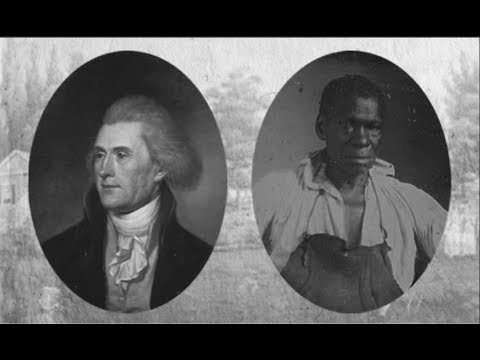Introduction
The history of Africa stretches back thousands of years, with ancient civilizations such as Egypt, Ethiopia, and Nubia making significant contributions to mankind. While many theories exist regarding the origins of Africans and their diverse cultures, it is important to acknowledge one perspective that holds immense significance for millions around the world – the Biblical account.
The Biblical Narrative
According to the Bible, the origin of all humanity can be traced back to the Garden of Eden. The first humans, Adam and Eve, are believed to have dwelled in this paradisiacal setting before succumbing to temptation and committing what is known as “the fall.” The story of Genesis then indicates that they were banished from Eden into a world forever changed by their disobedience.
The Sons of Noah
Moving forward in time, the narrative primarily focuses on Noah and his family. As mentioned in Genesis 6-10, Noah constructed an ark under divine guidance to escape a great flood that wiped out most life on Earth. Following this catastrophic event, it was only Noah’s immediate family who survived – his three sons: Shem, Ham, and Japheth.
Africa Through Ham’s Descendants
It is through Ham, one of Noah’s sons, that a connection between the biblical narrative and Africa becomes apparent. While specific geographical locations or ethnicities are not explicitly mentioned in biblical texts regarding Ham’s descendants (Genesis 10:6-20), it is widely believed among many religious scholars that his lineage played a significant role in shaping African civilization.
Cushites & Egyptians
One interpretation suggests that Cush, known as “Ethiopia” in some translations of the Bible, was one of Ham’s offspring whose descendants settled around modern-day Sudan and Ethiopia. Other accounts propose that Nimrod also descended from Cush and eventually established several notable cities such as Babel (Babylon), Assyria, and Nineveh.
Egypt is another region linked to Africa through biblical ancestry. Mizraim, identified as a son of Ham, is often associated with the ancient Egyptians. The Bible mentions Egypt in various contexts, such as the story of Joseph and his rise to power under Pharaoh or Moses leading the Israelites out of Egyptian captivity.
Conclusion
While ancient civilizations and historical records contribute valuable insights into Africa’s past, it is essential to recognize that the Bible also offers a perspective on the continent’s origins. According to biblical accounts, the narrative traces back to Noah’s family, specifically Ham and his descendants who reportedly shaped African history.
It is worth noting that this interpretation is not universally accepted among historians or archaeologists, who often employ various methodologies to study and understand human history. Still, for many individuals around the world, particularly those with faith-based beliefs rooted in biblical teachings, this explanation provides a significant context for understanding Africa’s profound cultural heritage.
By exploring multiple perspectives and embracing differing narratives on Africa’s origin story, we can broaden our understanding of such a historically rich and diverse continent. Ultimately, it is through dialogue and an appreciation for different cultural backgrounds that we can achieve a more comprehensive understanding of humanity’s shared past.





